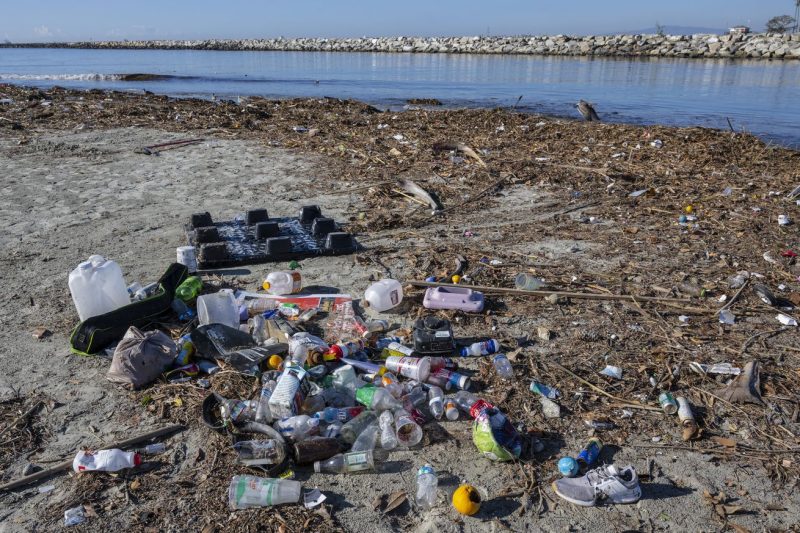
ExxonMobil Accused of Tricking the Public with Recycling Claims in Lawsuit
In a landmark development, ExxonMobil has come under intense scrutiny for allegedly deceiving the public regarding its approach to plastic recycling efforts. A recent lawsuit has levied serious claims against the energy giant, accusing it of manipulating public perception and engaging in activities that undermine genuine recycling initiatives. The lawsuit sheds light on the deceptive practices employed by ExxonMobil, bringing to fore concerns about corporate accountability and environmental stewardship.
At the core of the lawsuit are allegations that ExxonMobil has systematically misled consumers about the recyclability of its plastic products. By promoting the idea that their products are easily recyclable and environmentally friendly, ExxonMobil has allegedly created a false narrative that diverts attention from the actual challenges faced by the recycling industry. This greenwashing tactic not only misleads the public but also hampers efforts to address the mounting plastic waste crisis.
Moreover, the lawsuit alleges that ExxonMobil has been complicit in a wider campaign to shape recycling laws and regulations in a manner that favors its corporate interests. By influencing policymakers and lobbying for lax regulations on plastic production and disposal, ExxonMobil has allegedly perpetuated a cycle of plastic pollution while maintaining a facade of environmental responsibility. These claims underscore the need for greater transparency in corporate practices and stronger regulations to hold companies accountable for their environmental impact.
The implications of the lawsuit extend beyond ExxonMobil’s specific actions to raise broader questions about the role of corporations in addressing environmental challenges. In an era where sustainability and climate action are paramount, the deceptive practices of companies like ExxonMobil erode public trust and hinder progress towards a more sustainable future. It is imperative that corporations are held accountable for their environmental footprint and that regulatory frameworks are strengthened to prevent greenwashing and promote genuine environmental stewardship.
As the lawsuit against ExxonMobil unfolds, it serves as a stark reminder of the responsibility that corporations bear in shaping a more sustainable world. By exposing deceptive practices and holding companies accountable, we can work towards a future where environmental protection is not just a marketing facade but a genuine commitment to safeguarding our planet for future generations.
